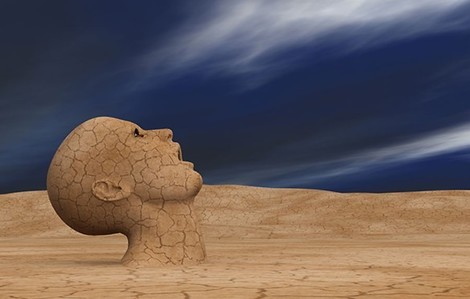Your podcast discovery platform
Curious minds select the most fascinating podcasts from around the world. Discover hand-piqd audio recommendations on your favorite topics.

piqer for: Health and Sanity Boom and bust Climate and Environment
Melissa Hutsell is an award-winning freelance journalist with a deep rooted passion for both community and international journalism. She was born and raised in Northern California, and has lived, studied, worked, and traveled in more 20 different countries. Melissa holds a Master's degree in Global Journalism from City University London, as well as degrees in Journalism and Globalization from Humboldt State University. Though she covers various topics as both a writer and editor, she specializes in business and cannabis journalism.
Cannabis-Induced Cottonmouth: Why It Happens And How To Avoid It
One of the most common side effects of ingesting marijuana is cottonmouth, a term used to described the particularly parched feeling some get after smoking cannabis.
Turns out, there’s something to it! According to a 2006 study, researchers found that the terpenes, a group of aromatic chemical compounds, are first absorbed by the receptors in our mouths.
Once consumed, our mouth’s salivary glands react by drying up. As the author notes, this is a sign that your body is absorbing the cannabis.
While the mouth is usually the first to be introduced to the plant’s chemical compounds, like THC, “receptors throughout the body interact with the many cannabinoids introduced when you smoke or ingest cannabis”, notes the article. There are more than 100 different cannabinoids in the plant, all with specific effects.
Our bodies have an entire system dedicated to mediating the effects of these chemical compounds (aka cannabinoids) - the endocannabinoid system. This system is also responsible for maintaining homeostasis on a cellular level, and plays a role in producing saliva and regulating appetite in addition to mood and memory.
Makes sense! But, how can we curb cottonmouth?
Stay hydrated by drinking water or non-sugary, non-salty beverages. Avoid drinks with tannins – like red wine or green tea – which can also make the mouth feel dry.
